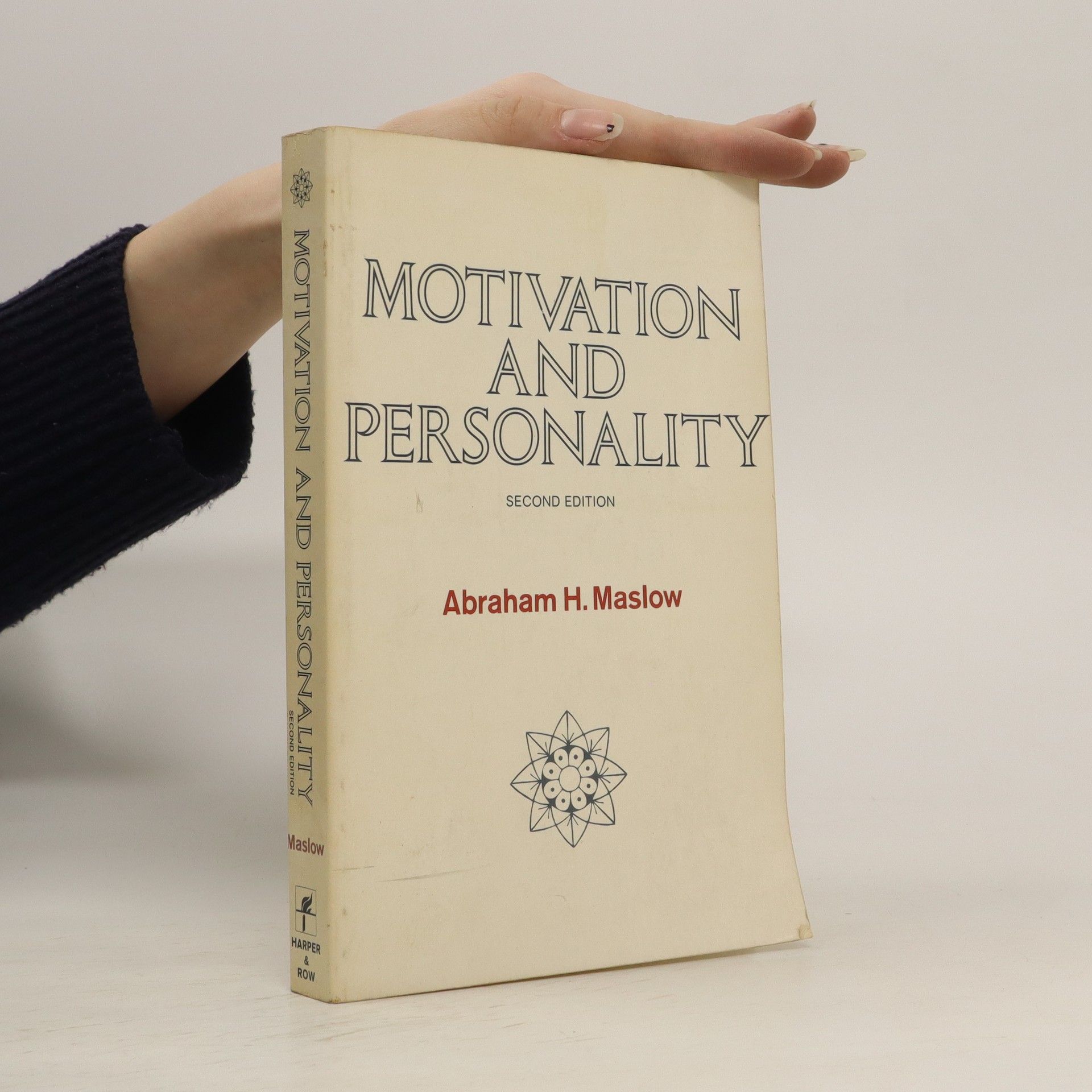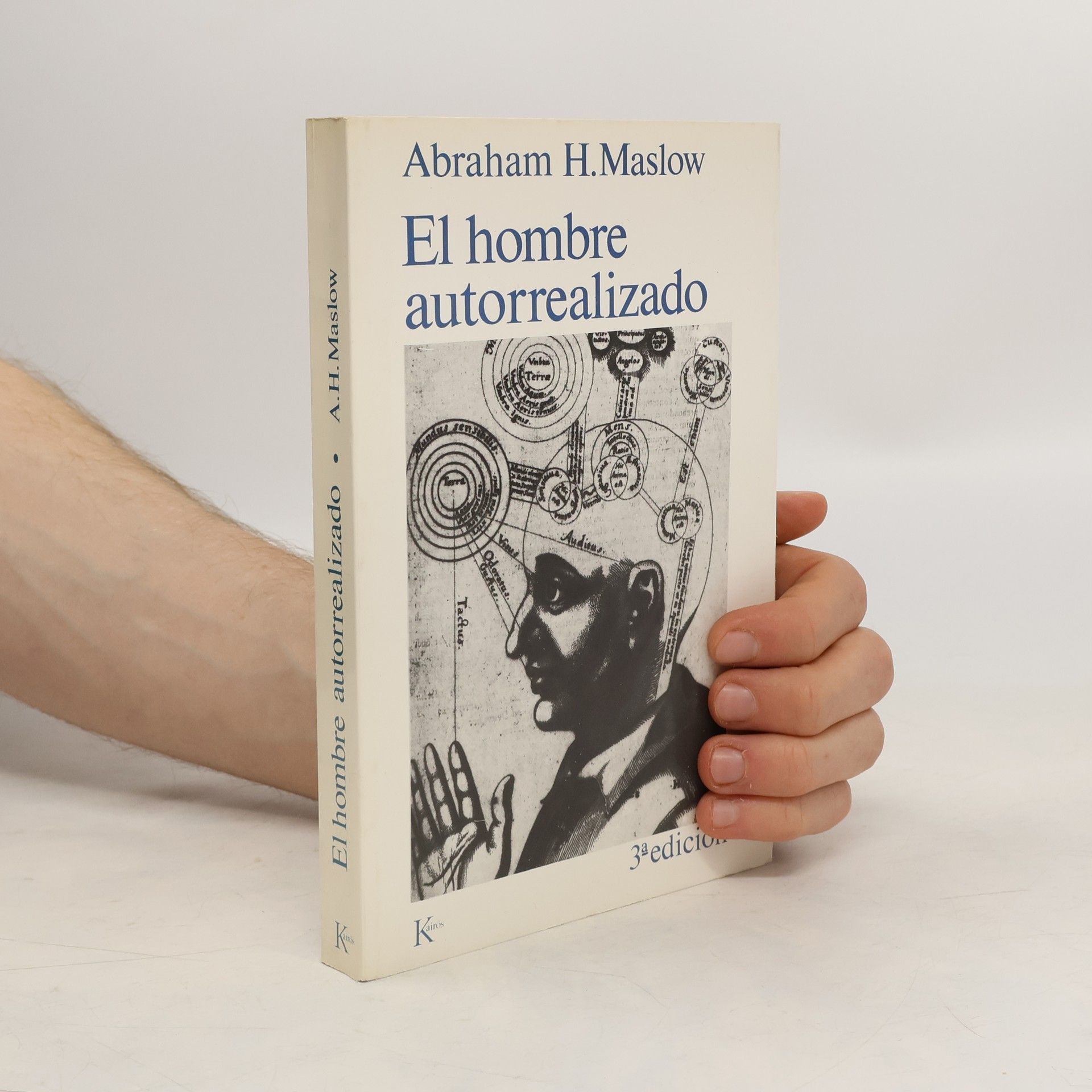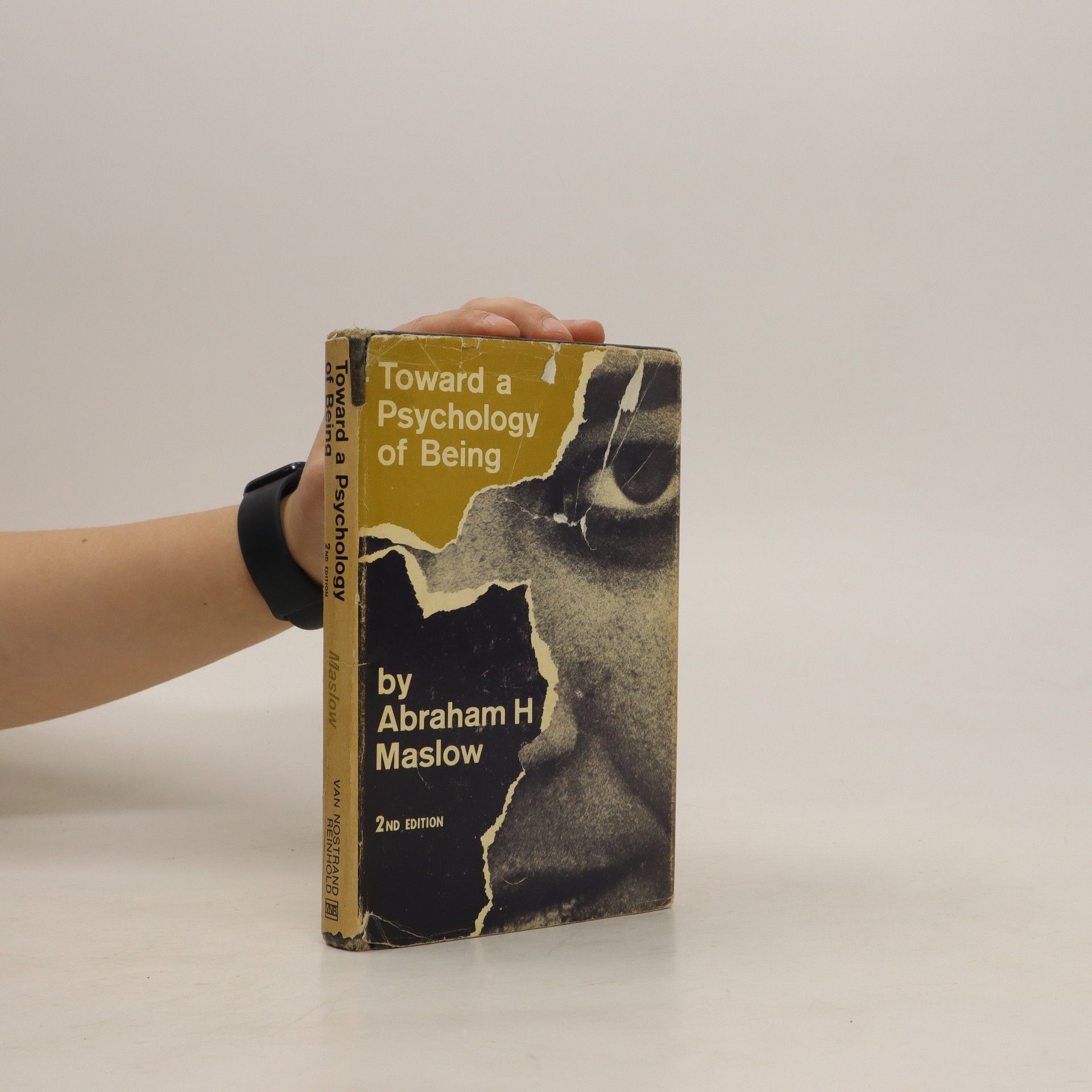El hombre autorrealizado
hacia una psicología del ser
El hombre autorrealizado (Toward a Psychology of Being) ha sido considerado como uno de los libros más importantes de la nueva cultura. La tesis de Maslow es que los seres humanos comienzan a dirigirse hacia la autorrealización en cuanto quedan satisfechas sus necesidades básicas de comida, ropa y vivienda. Maslow contrapone la psicología de adaptación al medio ambiente -que le parece estática, incompleta y sobrepasada- con una psicología dinámica que entiende que el hombre sólo está sano cuando se autorrealiza creativamente. El presupuesto básico de la autorrealización es que, suprimidos los mecanismos de defensa, el animal humano no tiende a la autodestrucción sino a una nueva expresividad creadora que sobrepasa la antinomia de los contrarios. Esta nueva expresividad creadora se pone de manifiesto en lo que Maslow denomina «experiencias cumbre»: momentos privilegiados en los que cada uno de nosotros es llevado más allá de sí mismo, ya sea a través de la vía estética, intelectual, erótica, religiosa o simplemente cotidiana.





